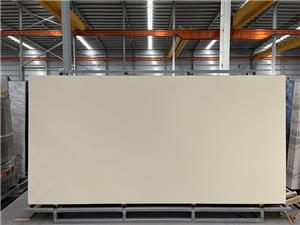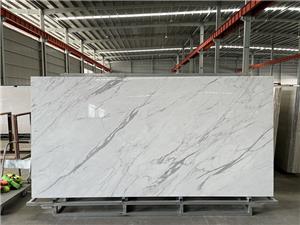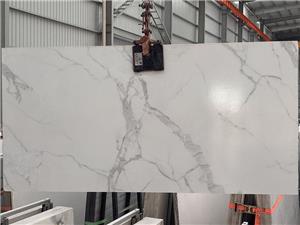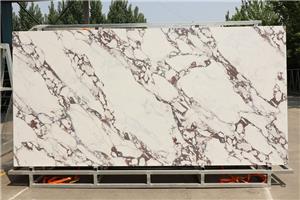What are the advantages of sintered stone kitchen countertops
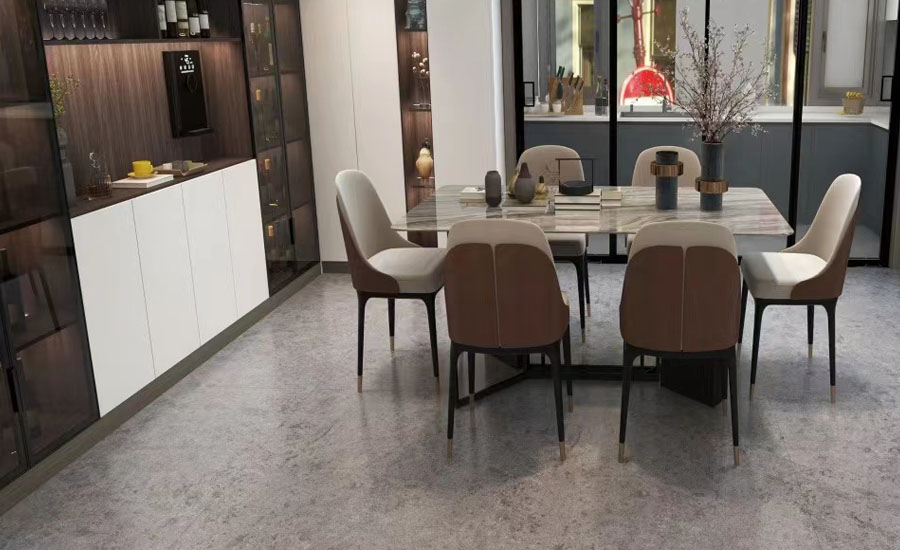
With the popularity of sintered stone, their application in kitchen countertops is becoming increasingly widespread. This is mainly because rock plates possess many excellent characteristics suitable for kitchen environments.
Rich appearance options: sintered stone come in a wide range of colors and textures, capable of imitating the appearance of various materials such as natural stone and wood. They also feature a unique modern minimalist style, catering to the needs of different decoration styles and personal preferences. From the luxurious and grand European style to the simple and bright modern style, from the rugged industrial style to the natural Japanese style, rock plates can be perfectly adapted. Add a unique visual effect to the kitchen.
Seamless splicing and customizable: Sintered stone can be seamlessly spliced, allowing for customization based on the size and shape of the kitchen space to create an integrated countertop. This not only looks elegant and stylish but also effectively avoids hygiene dead corners, making the kitchen neater and easier to clean. Moreover, rock plates can achieve large-sized specifications, reducing the marks of splicing and providing an ideal material choice for kitchen designs that pursue an overall sense.
High strength and wear resistance: Sintered stone have extremely high hardness and strength, with a Mohs hardness typically around 6-7. This enables them to resist scratches from knives, collisions from cookware, and various wear and tear during daily use, making them less prone to scratches and damage. Even after long-term use, they can still maintain the smoothness and flatness of the countertop, thereby extending the service life of the kitchen countertop.
Stain resistance and antibacterial property: The surface of the sintered stone kitchen countertops is extremely dense with almost no pores, which makes it difficult for stains to penetrate into the interior. Daily oil stains, water stains, food residues, etc. can be easily removed by gently wiping with a damp cloth and are not likely to remain. Meanwhile, this dense surface structure is also not conducive to the growth of bacteria and microorganisms, providing a hygienic and healthy operating environment for the kitchen and ensuring food safety.
High-temperature resistance and corrosion resistance: The sintered stone kitchen countertops is fired at high temperatures and has excellent high-temperature resistance. It can withstand the direct placement of high-temperature objects such as hot POTS and hot baking trays without deforming, discoloring or cracking due to high temperatures. In addition, rock plates have strong resistance to chemical substances such as acids and alkalis, and are not easily corroded by kitchen cleaners, seasonings, etc. Even after long-term contact, they can maintain stable performance.
Green and environmentally friendly: During the production process of sintered stone, no harmful substances such as formaldehyde and benzene are added, nor do they release harmful gases. It meets national environmental protection standards and is a green and environmentally friendly building material. For families that attach great importance to a healthy lifestyle, choosing sintered stone kitchen countertops can create a safe and healthy kitchen environment for their loved ones.
Food contact safety: Due to the material stability and hygiene of sintered stone, they can come into direct contact with food without causing contamination, meeting the strict requirements for material safety in kitchens as food processing sites.
The wide application of sintered stone in kitchen countertops has brought people a beautiful, practical and environmentally friendly kitchen usage experience, becoming one of the popular choices for modern kitchen decoration.

